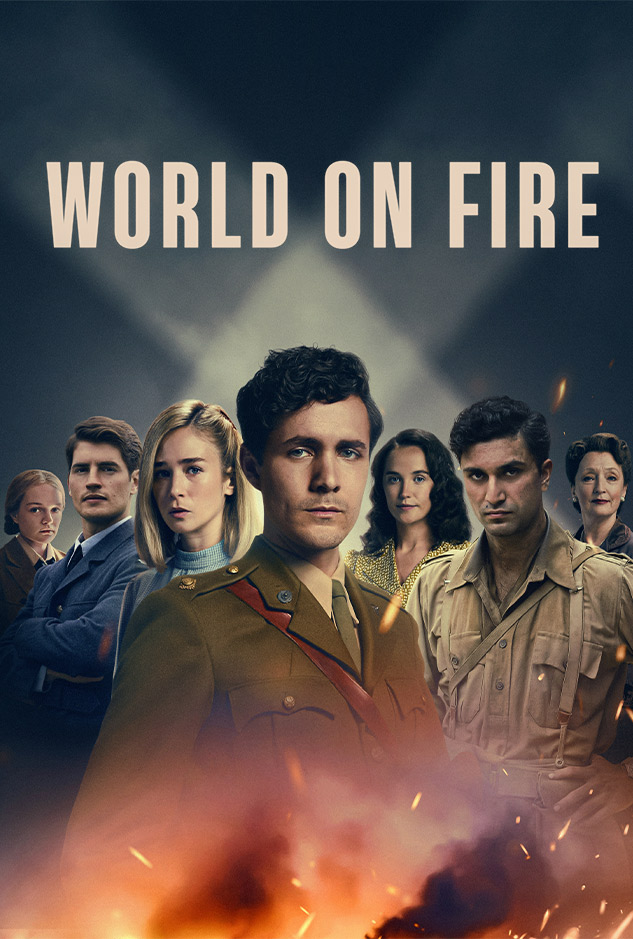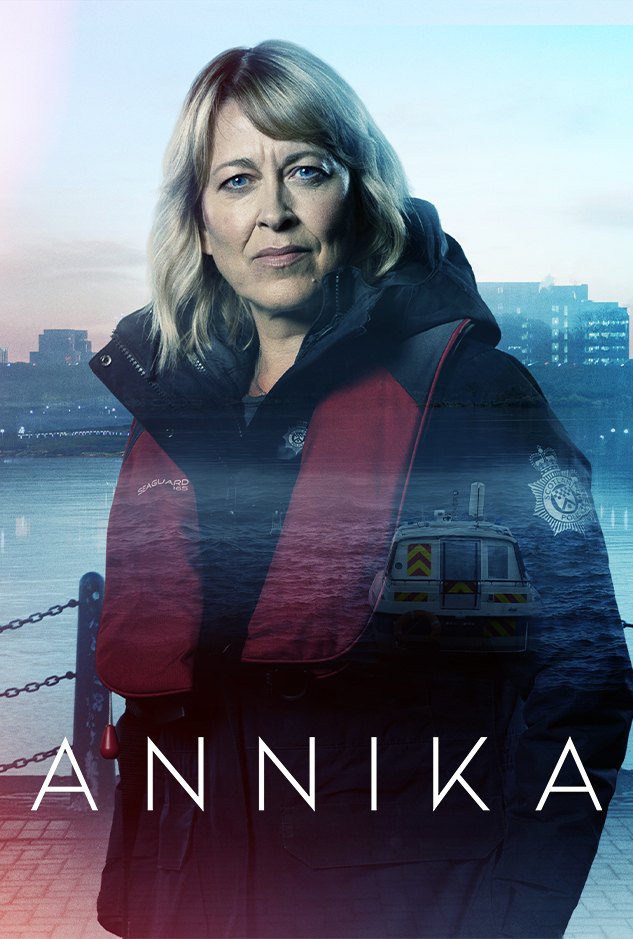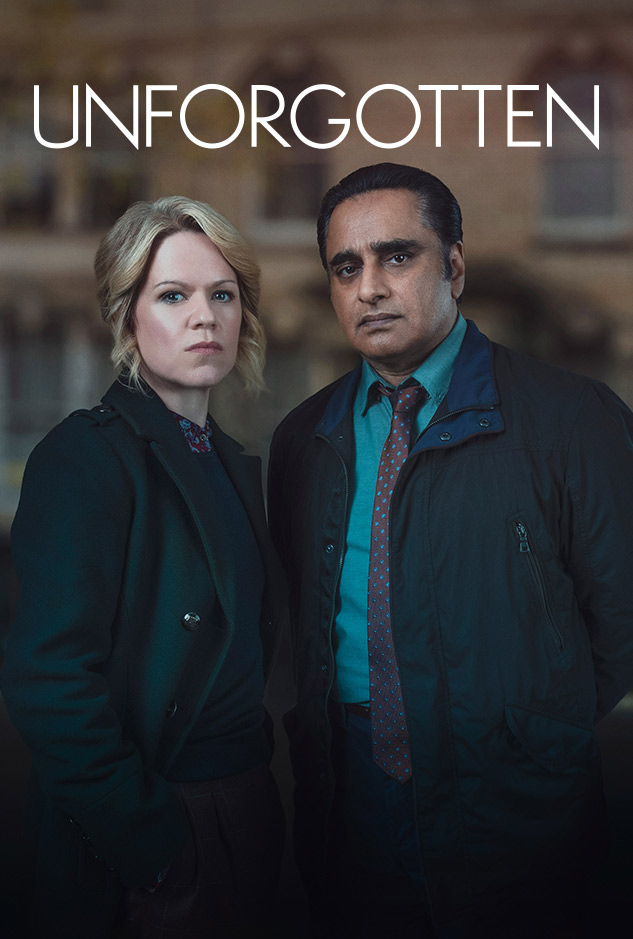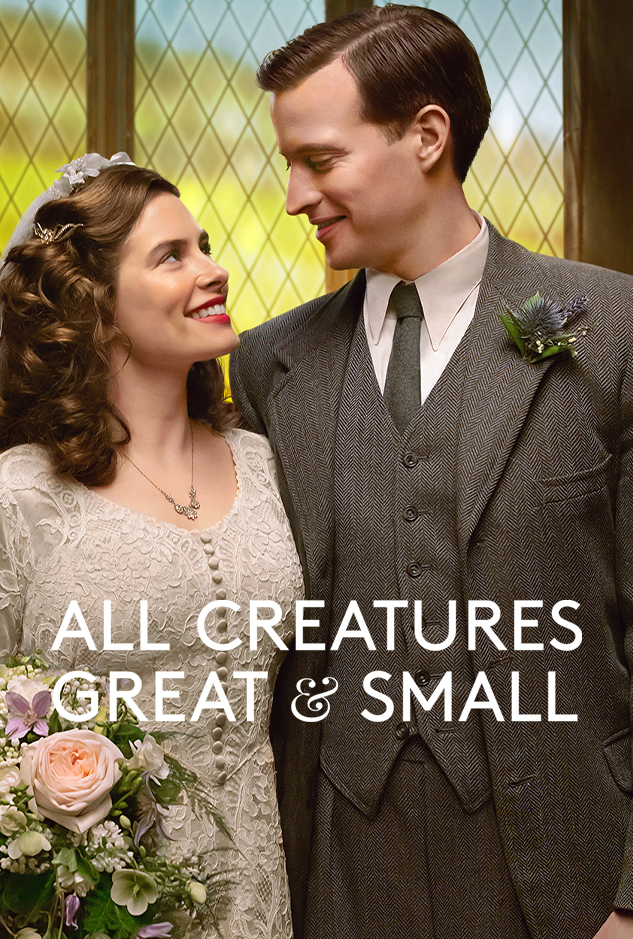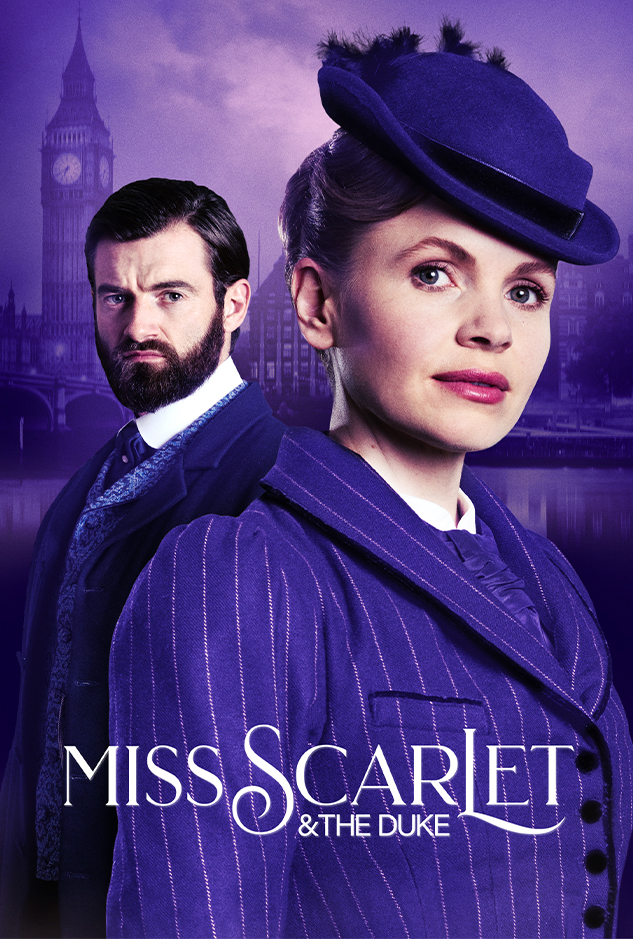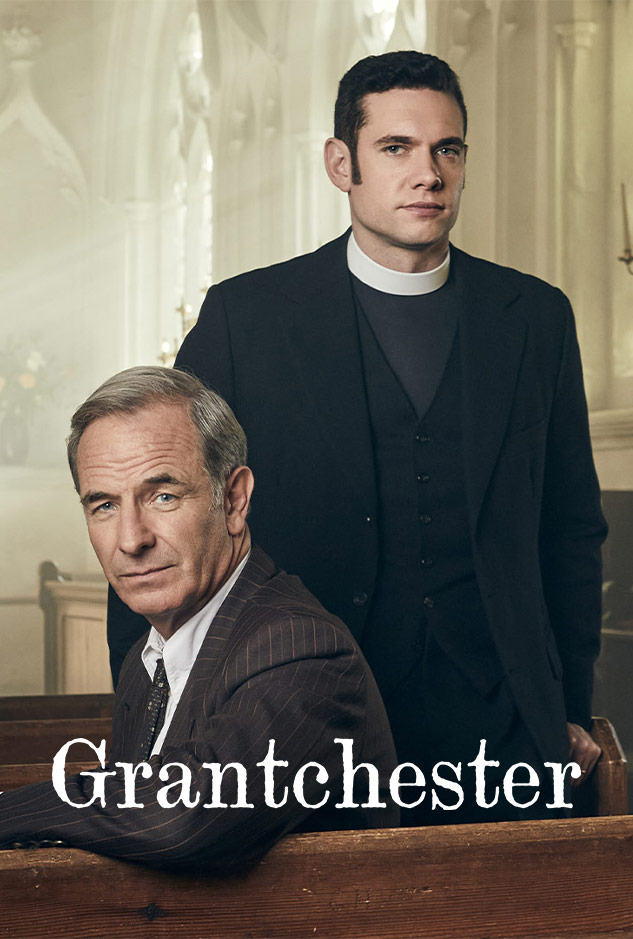Interview: Poldark Writer Debbie Horsfield on Season 5
For revelations about Poldark Season 5’s backstory, plus surprising facts, and must-know insights, read the exclusive MASTERPIECE interview with Poldark‘s writer, Debbie Horsfield!


MASTERPIECE Poldark Season 5 was not so much off-book from Winston Graham’s source material, as between Book 7, The Angry Tide, and Book 8, The Stranger from the Sea. Can you share your process in writing Season 5, with its plotlines and characters?
DEBBIE HORSFIELD Obviously, we knew at the end of Season Four that we were not going to be able to finish all of the remaining five books, because the cast were only optioned for five series. So the options were to stop after Season Four, or to have a look at some of the events that might have taken place, some of which Winston Graham refers to in The Stranger from the Sea, and to cover a kind of similar time period that he would cover in each book, a period of about two years.
First we started off looking at where the characters ended in The Angry Tide and to see where we picked up with them again in The Stranger from the Sea. And then, to have a look at how they may have got to those places, initially using the clues that Winston Graham gave in The Stranger from the Sea. I suppose the most obvious one really was to look at Ross’s story, because he ends The Angry Tide as an MP and a mine owner. And then, when we find him in The Stranger from the Sea, he’s basically a government agent on a special secret mission in Portugal. And so, the question is how did he go from being a politician to basically being a spy?
So really, it was looking at what steps might have been taken in order for him to make that journey. The key thing we realized is that, having picked up on all of the clues that Winston Graham gave us in The Stranger from the Sea, above and beyond that, we knew that we couldn’t create any stories that would have made the rest of the books not make sense. You know, we couldn’t kill anybody off, we couldn’t marry somebody to someone who wasn’t there in the later books. We couldn’t do anything that was going to interfere with those storylines. Basically, this season had to be self-contained, but also lead directly into what happened in The Stranger from the Sea.
MASTERPIECE Can you point to certain specific clues from The Stranger from the Sea that provided inspirations for the Season 5 character journeys?
DEBBIE HORSFIELD Well, there’s Dwight Enys. By the time we meet him in Season Three, he’s the go-to guy as an expert on mental health issues. So we have a mental health storyline of how Dwight became more and more involved and more and more accomplished in that direction.
Also, I took a comment that was made in The Stranger from the Sea about how badly affected George was by the death of Elizabeth, and how kind of discombobulated he was, to the degree that he was on the verge of making a couple of really bad business decisions, but was saved from it by his uncle. So we wove a story in which George basically had a breakdown. And the only person who was able to help him was Dwight, because of course there were many really harsh and brutal treatments for mental health problems in that period. But Dwight was actually quite modern in his approach, according to Winston Graham. And he was very similar to an actual historical figure, a Dr. Pinel, who ran a very humane asylum (if you can call an asylum humane), in France at that time, an establishment which again, is mentioned in The Stranger from the Sea.
MASTERPIECE Was there one storyline that was hardest to bridge?
DEBBIE HORSFIELD I think all of them were an absolute joy to write and create. And I wanted to follow what was clearly Winston Graham’s method—increasingly, he had used real historical figures and actual historical events, and created the storylines around those. So I began by first of all choosing to look the two years following The Angry Tide, 1800 to 1802, and looking at what the major historical events were in England, in Europe, and in the world, actually. And then looking to see whether there were any interesting historical figures that we might bring into the story. I found absolute masses of material and a huge potential for new characters in the storylines, so the challenge was actually honing it down to just a few. Because obviously, we wanted to keep Ross and Demelza at the center of the story. So, everything had to impinge upon their story.
MASTERPIECE Among these real historical figures who became characters, how did you come to learn Kitty’s story, and was it harder to discover, because she’d been enslaved?
DEBBIE HORSFIELD Yeah, there’s much less about her. In a way, she’s almost been written out of history. She certainly was written out of the Despard family history. I think they subsequently referred to her as “the poor woman who thought of herself as Edward’s wife.” You know, they didn’t want to see her as anything more than a slave. She must have been quite prominent and noticeable in London at that time, and she was very active in campaigning for Ned’s release from prison—there are many records of the fact that she was campaigning. She was well-educated, but there were some quite disparaging remarks from MPs that they didn’t believe she was capable of writing such an articulate letter, it must have been written by somebody else. And so there’s much less about her. But the little that there is shows her to be the most fascinating woman, and so, so powerful, actually. To be taking on the whole establishment at that point, in service of her husband, she was obviously an extraordinary woman.
And I was fascinated to come across her, because in some ways her real story mirrored that of Ross and Demelza. Both, both men married their kitchen maids and, elevated them to the gentry. How they were educated, they were able to move freely in more elevated circles. And I just found it a really fascinating counterpoint to the Ross and Demelza’s story.
MASTERPIECE They also share sort of that emotional intelligence that’s so necessary when you’re married to a rule breaker and a renegade.
DEBBIE HORSFIELD Yes! It was, it was wonderful to be able to have introduced a new character who immediately bonded with Demelza, but also shared her fears. Because you know both of their husbands put themselves in harm’s way, shall we say, a lot of the time. There’s not so much credit given to the women who are basically dealing with everything else behind the scenes, while the guy is out up front, being flamboyant and getting in the spotlight. Whereas both of those women had a very hard task on their hands. And quite a thankless task and an unnoticed one, I think!
MASTERPIECE I know this may feel like tooting your own horn, so we can skip this question if you like, but looking back over all the seasons, do you have a favorite line?
DEBBIE HORSFIELD It does, kind of, but I’ll tell you what. There is one line which I do—which Andrew Graham, Winston Graham’s son, says is his favorite line, too. It’s at the end of season three. It’s where Ross and George are one the beach, and George is sort of flatly triumphant and crowing and says, you know, “I believe I have a devoted wife, a thriving son, a fine estate,” etc. And then he asks, “What do you believe, Ross?” And Ross says, “I believe that belief is a beautiful thing.” I can remember when I wrote that line. Sometimes lines just come out of…You don’t know where they’ve come from. They kind of come from some other place, and I remember getting those tingles down my spine when I just said…It, it was so ambiguous, but it said so much.
One line that everybody seems to love, which is really funny, is the one where Frances says, “What is the matter with the women of this family?” And Aunt Agatha looks up and goes, “The men.” That’s a favorite of people’s as well, and it does make me laugh every time I hear it.
Check back for more from Debbie Horsfield at the end of the season, where she ranks Poldark‘s villains, celebrates the strong women, and reveals the secret to Garrick’s immortality! And listen now to Horsfield’s in-depth interview with MASTERPIECE Studio.










